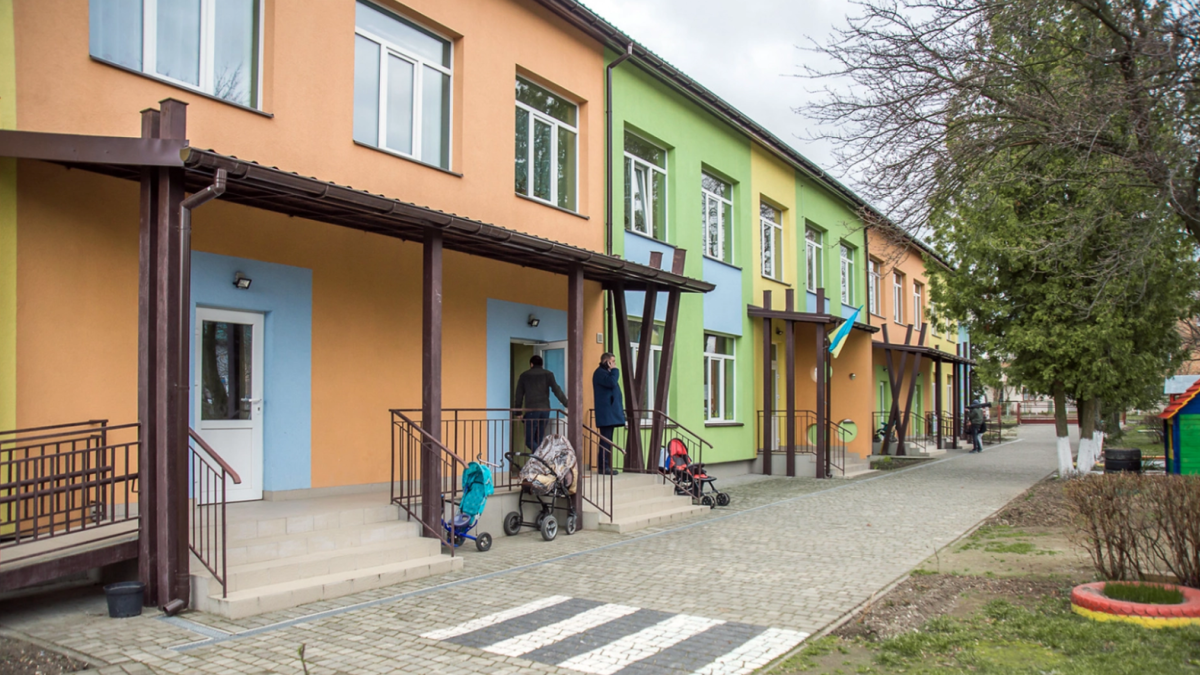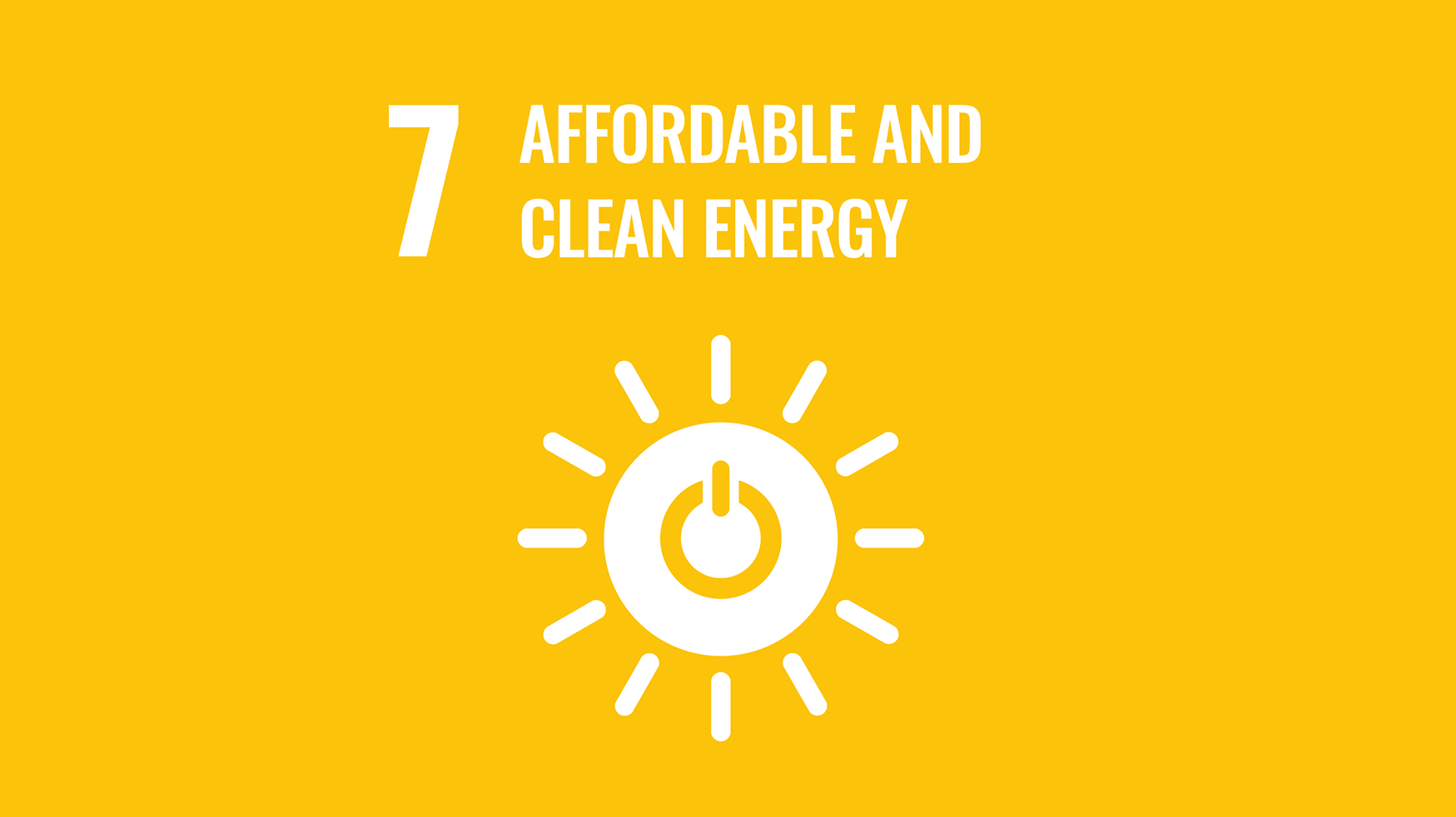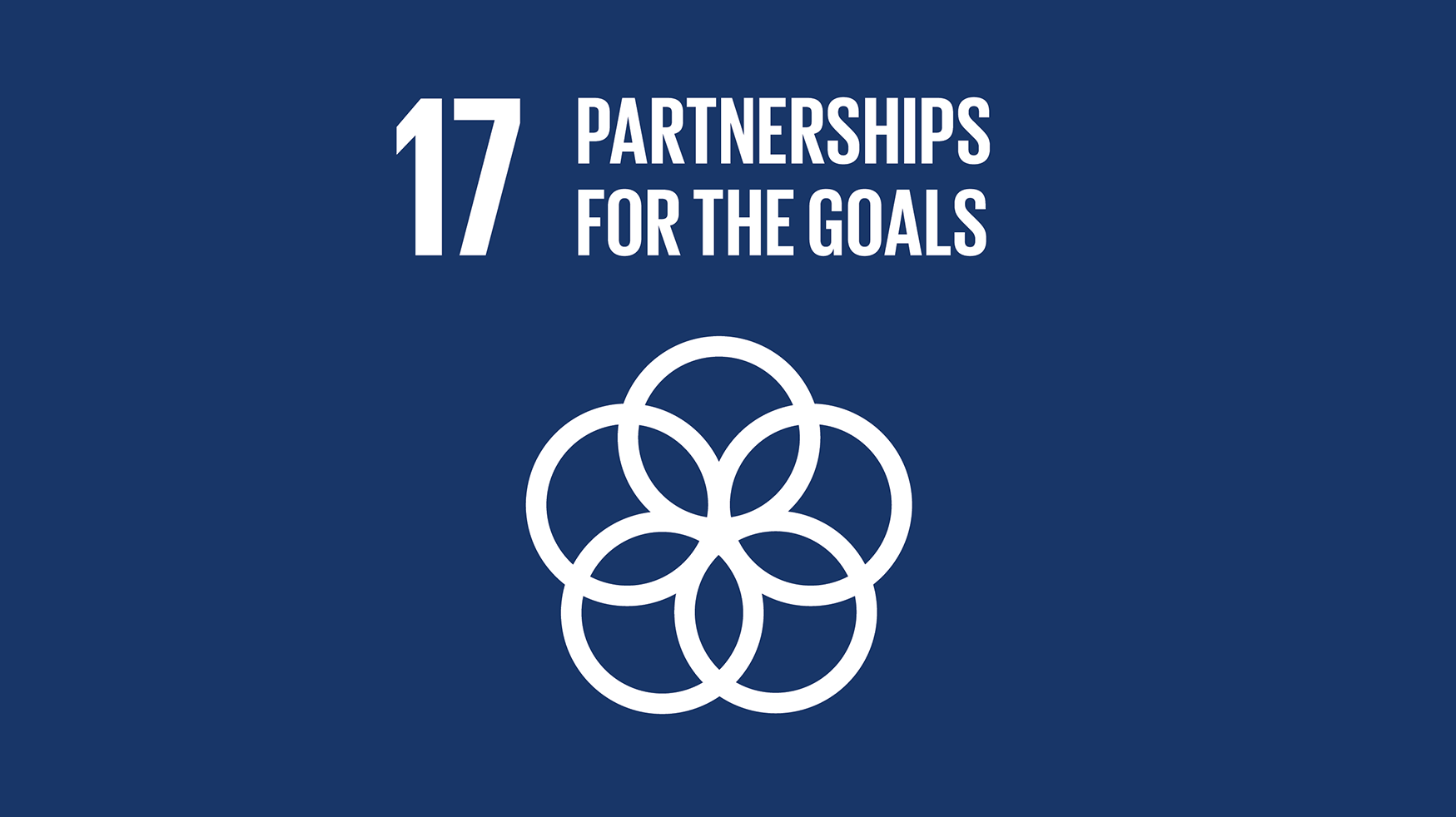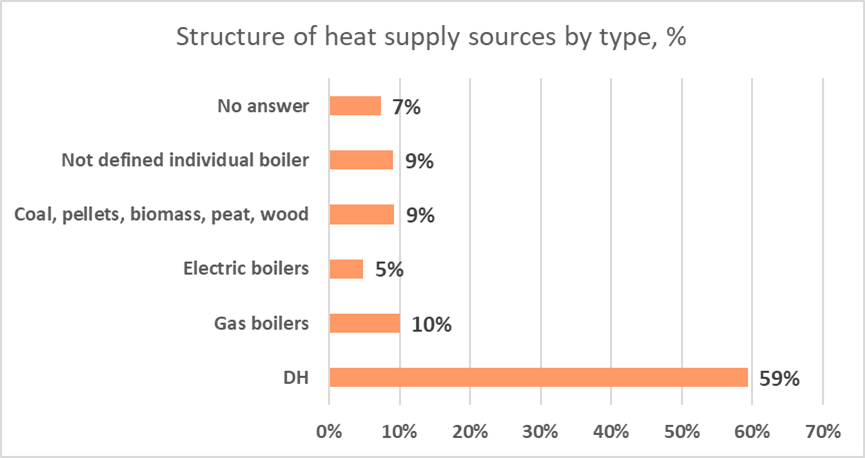
Ukraine has prioritised energy efficiency as a policy priority since 2014, initiating extensive reforms in residential and administrative buildings. As part of this effort, approximately 150 Ukrainian cities have joined the EU’s Covenant of Mayors initiative, committing to reduce CO2 emissions. Key priorities for sustainable urban development include enhancing energy efficiency in public buildings, fostering collaboration with local authorities and communities, and implementing effective energy management systems and energy efficiency programs in the public sector.
Under various programming, the EIB has funded various critical urban infrastructure and energy efficiency projects in Ukraine, where NTU has supported, among others, the following:
-
Technical Assistance to support the implementation of the rehabilitation of the district heating system in the cities of Kriviy Rih and Lozova in Ukraine Project, to achieve sustainability of the heat supply in both cities.
-
Support the implementation of the energy efficiency rehabilitation of educational buildings in Sumy. The objective is to assist the Sumy City Council in launching the implementation of the project for the energy-efficient rehabilitation of childcare facilities in Sumy.

- Ukraine Public Buildings Energy Efficiency Project (Phase 1). The objective of this project was to conduct a thorough assessment of needs, of the absorption and borrowing capacities of Ukrainian municipalities for energy efficiency investments, to assess the best set-up arrangements for the project, to assist the Government in defining, preparing the project, to deepen the engagement with the Ukrainian stakeholders, including notably the government and a sample of municipalities.
Implementation
In all three projects, we focused on enhancing energy efficiency solutions in small and medium-sized cities across Ukraine.
In Krviy Rih and Lozova, the work focused on facilitating the implementation of district heating modernisation projects in the local utilities of both Ukrainian cities. The project management team contributed by sharing best practices in project implementation and procurement, and by providing guidance on environmental and social aspects. Their involvement covered the following activities:
-
support the effective operation through the definition of procedures, elaboration of manuals and fine-tuning of roles and responsibilities;
-
assist with technical documentation for its inclusion in the tender documents;
-
assist in the carrying out of the procurement of goods, works and services, including support during tendering, bids evaluation, contract discussion and final contract award, in accordance with the EIB Procurement Guide.
NTU prepared the project technical documentation in a manner compliant with international practices, the requirements of the Ukrainian regulations and in line with the EIB Procurement Guide.
In Sumy, activities carried out were grouped into three main categories:
-
Support the Project Implementation Unit (PIU) in drafting the Environmental and Social Management Plan (ESMP), the Stakeholder Engagement Plan (SEP), the Environment Health and Safety Plan (EHS), and the Waste Management Plan (WMP);
-
Preparation of technical documentation, including the Priority Investment Plan; technical specifications and the bill of quantities for the project designer; review of energy audits and update of feasibility study;
-
Provide procurement support, including advice on the procurement strategy; evaluation of the received tenders, providing advice and capacity building to the PIU staff in procurement and financial procedures by organising online workshops on managing the tender process, procurement of the contractors and training workshop on financial management and disbursement issues; contract finalization for civil engineering works and supervision.
Under the Ukraine Public Buildings Energy Efficiency (UPBEE) Project NTU assessed sustainable financing and implementation structure and identified potential risks and bottle necks suggesting mitigation strategies. We assessed the market appetite for the EIB approach based on the borrowing and sub-project management capacities of Ukrainian municipalities for energy efficiency investments and engaged with the main stakeholders in Ukraine both at central and municipal levels. We carried out activities to study the current situation regarding EE in public buildings and to develop new investment cases. During the project, we also analysed market supply and demand and conducted an institutional feasibility study, with a simulation in seven municipalities of varying sizes, that allowed to determine the willingness and capacities at the municipal level. It was concluded that the EIB Programme for Ukraine Public Buildings Energy Efficiency has a strong uptake at the national and municipal levels and provided an optimal financing and lending structure, as well as a successful strategy for the implementation of these projects in other municipalities.
Impact
-
The rehabilitation of district heating networks, reconstruction of boiler houses, and installation of individual heating substations in Kriviy Rih;
-
The project team succeeded in rehabilitating district heating, the construction of the gas network and the construction and rehabilitation of boiler houses, including the supervision of all the activities in Lozova;
-
Provision of an optimal financing and lending structure, as well as a successful strategy for the implementation of energy efficiency projects in other municipalities;
-
Contract finalisation for civil engineering works and supervision in Sumy for the energy-efficient rehabilitation of educational buildings.
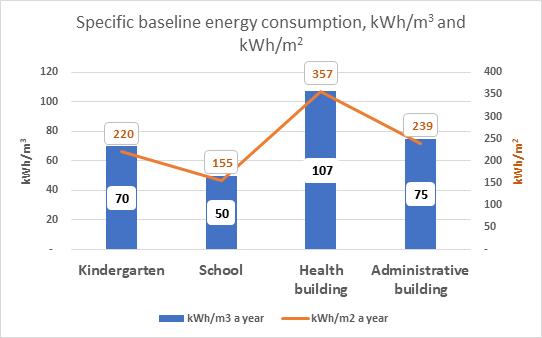
SDGs
This case study illustrates contributions to the following Sustainable Development Goals (SDGs):

